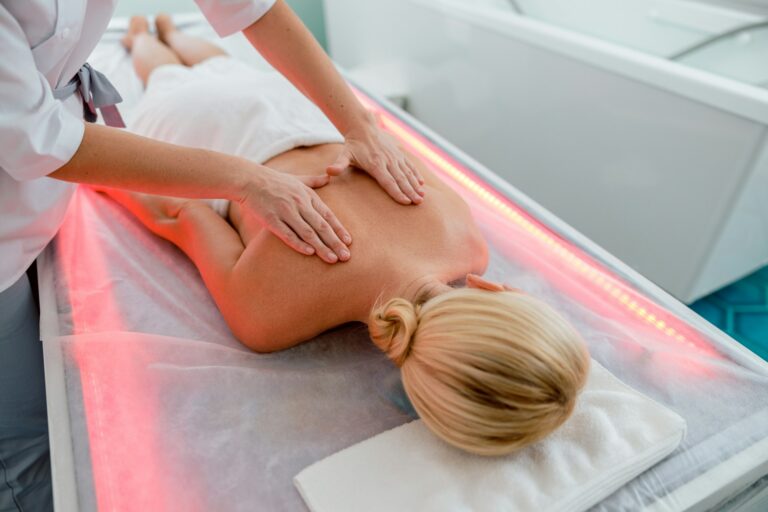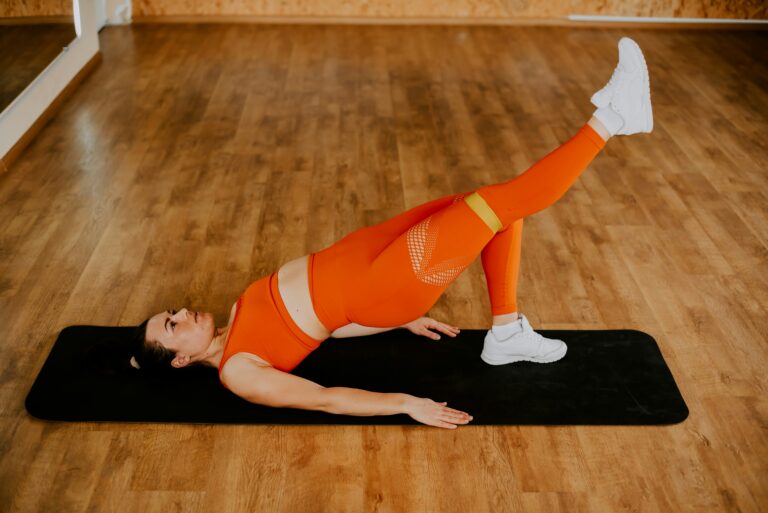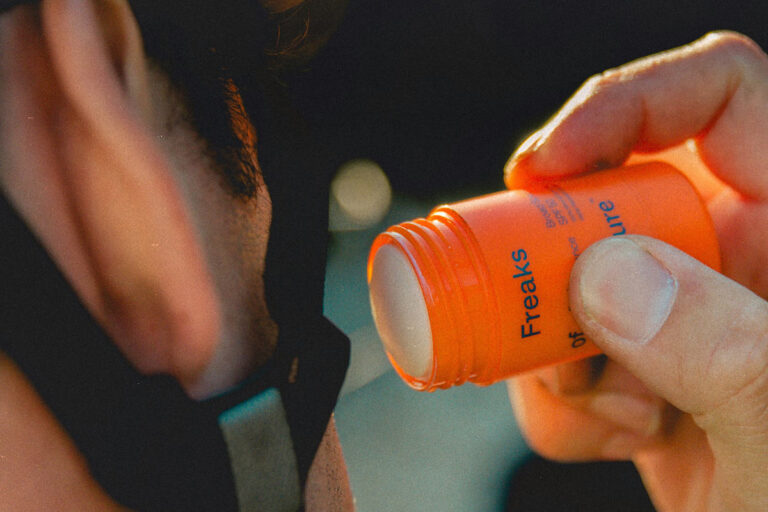Americans are outgrowing sugary cereals.
Sugar Crash
Ready-to-eat breakfast cereal is losing its luster as health-conscious consumers wake up to its nutritional reality. Sales dropped 12% in the past two years, prompting Kellogg to split off its cereal business and pivot toward snacks.
Newcomers. But, leveraging nostalgia and better-for-you ingredients, newer brands gained traction even as the broader category fizzled.
- Launched in 2019, keto-friendly Catalina Crunch has seen consistent double-digit growth and moved into 22K+ grocery stores nationwide.
- Superfood granola brand Purely Elizabeth added $50M last year, and Seven Sundays scored $6M this summer for upcycled protein cereal.
- Riding an $85M Series B, DTC darling Magic Spoon entered 6.5K+ retail stores in February and is now launching snacks — starting with protein-rich rice krispies.
Elsewhere, grab-and-go option Oats Overnight raised $20M for its protein-packed recipe, following fellow overnight oat maker MUSH’s $23M round in 2022.
Milking it. As nutritious replacements gain steam, companies are using creative marketing tactics to differentiate from their ultra-processed predecessors.
Targeting Gen Z, functional cereal startup OffLimits boasts a Y2K aesthetic, NFT collection, and partnership with influencer Emma Chamberlain’s coffee company. Another approach, UK-based competitor Surreal achieved virality with an ironic, Oatly-esque brand voice.
Meanwhile, Kreatures of Habit sells its superfood instant oatmeal as part of a high-performance lifestyle, promising to help consumers train harder, recover faster, and feel better.
Punchline: Cereal’s decline speaks less to lack of enthusiasm for the meal itself and more to the nutrient-devoid nature of current options on the market. But, a burgeoning crop of better-for-you alternatives could salvage sales and usher in a new batch of legacy brands.






